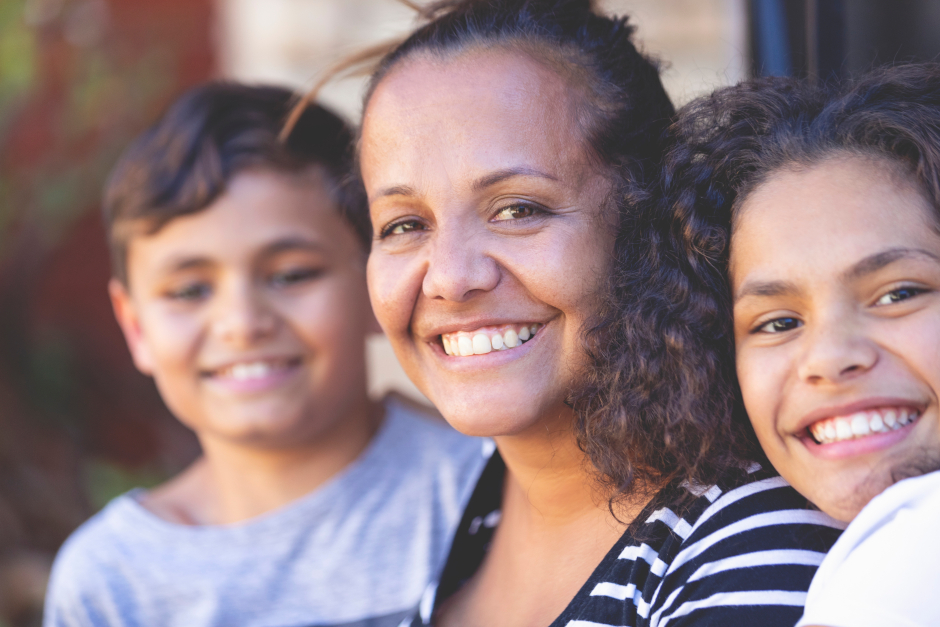Dementia rates among Aboriginal and Torres Strait Islander people are much higher than non-Indigenous Australians, affecting not just the people with the disease, but also their families and communities.
Why does this matter? Because your life is worth remembering.
Not only are your memories important and valuable to you, but they are also valued by your families and communities.
The Statistics
The statistics say that more than 13 per cent of Aboriginal and Torres Strait Islander people over the age of 60 have dementia, which is twice the rate of non-Indigenous Australians at 6.8 per cent.
Also, Aboriginal and Torres Strait Islander people get dementia at a younger age than non-Indigenous Australians, with 73 per cent of dementia cases happening between 60 to 70 years of age compared to the majority of cases occurring above the age of 70 for non-Indigenous Australians.
Preventing Dementia
While there isn’t a definitive way to stop dementia from occurring, there are certain lifestyle risk factors that can be controlled to help prevent or delay it.
Keeping a healthy body
Maintaining a healthy body through physical exercise, healthy eating and healthy lifestyle choices (e.g. no smoking) is essential in both heart and brain health and can aid in preventing the onset of dementia.

Some factors in keeping a healthy body include:
- Be physically active (at least 30 minutes per day)
- Eating healthy
- Ensuring you get enough vitamins
- Quit smoking
- Limiting alcohol intake
- Getting enough quality sleep
- Treating health issues (e.g. going to the doctor)
Keeping your mind mentally active
Research has indicated that maintaining an active mind can be beneficial in the pursuit to slow down and reduce the effects of dementia. To remain mentally active, it is important to push the mind and continue to learn new things.
Some mind activities include:
- Learning an instrument
- Playing memory games
- Puzzles
- Learning a new language
- Learning a new sport
- Learning cultural traditions (e.g. a ceremonial dance)
Remaining socially active is also important in maintaining an active and healthy mind, helping to delay the onset of dementia.
Birpai Elder Uncle Bill O’Brian – Discussing Dementia
Birpai Elder Uncle Bill O’Brian in the video below talks about his experience with his mother who had dementia, the things that helped him handle caring for her and how carers of people with dementia are not alone in the journey.
Diagnosing Dementia
If you are concerned at all about your own or someone else’s mental and memory health, your local doctor (GP) should be the first port of call. The doctor will assess the patient and then refer them to a specialist if they believe that they may have dementia.
Unfortunately, there is no definitive test for diagnosing someone with dementia, so if there are still worries about the person after seeing a doctor who did not refer them to a specialist, it is okay to seek out another doctor for a second opinion.
Information sourced from:
Your Brain MattersDementia AustraliaMedical Journal of AustraliaMayo ClinicAboriginal and Torres Strait Islander people please be advised that there may be images, videos or names of people on this website that are deceased, which may cause feelings of sorrow or sadness.



